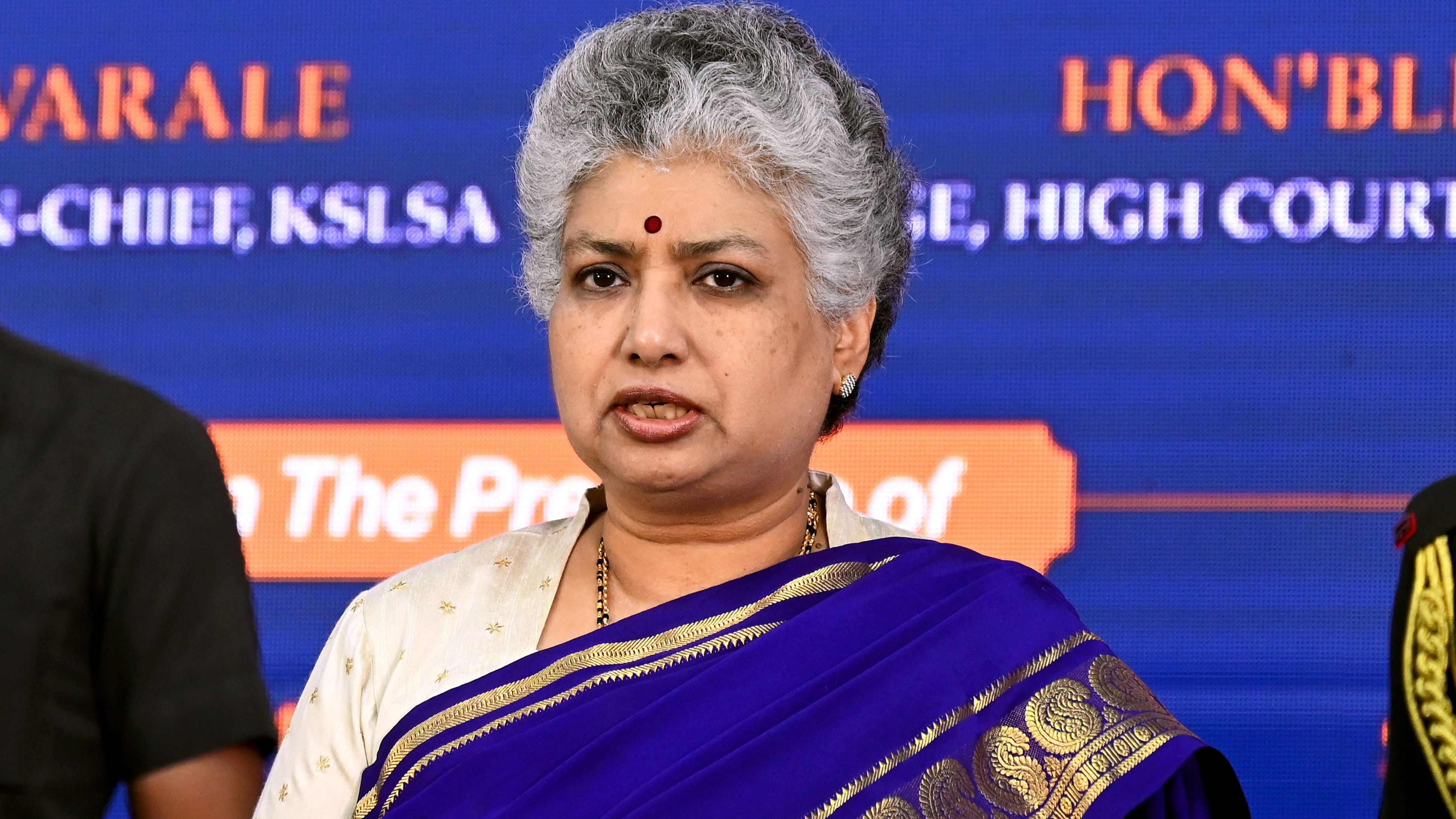
Credit: PTI File Photo
Chennai: Independent exercise of judicial power is not only the prerogative of a judge but also a duty and it is important that judges decide true to their own appreciation of the law and their conscience, unfettered by the views of another, Supreme Court judge Justice B V Nagarathna said here on Sunday.
Delivering her address at the centenary commemoration of former SC Judge Justice S Natarajan, justice Nagarathna said it is ultimately conviction, courage and independence of Judges which decide matters before a court of law.
“From the aspect of judicial independence within the court system, separate opinions or dissenting opinions must be seen as an expression of mutual independence of the judges, i.e., independence of a judge from other judges. This is independence of the judiciary in its most enlightened form,” she said.
She also said the focus of institutional independence should be on ensuring an appointments process which upholds independence of the judiciary and administrative independence of the Courts.
“Political insularity is critical to the independence of the judiciary. In formulating a general definition of judicial independence, most scholars have placed a great deal of emphasis on impartiality and insularity. The first is impartiality or the idea that judges will base their decisions on the law and facts and not any predilection toward any of the litigants,” she added.
On separation of powers vis-à-vis the judiciary and legislature, the SC judge said by ensuring that the legislature cannot simpliciter overrule judicial decisions, the principle of separation of powers is maintained.
“It allows the legislative branch to retain its power to amend its laws; yet at the same time, it retains the judiciary's interpretive authority as the final and sole arbiter on questions of law. In this way, an equilibrium is struck between the powers of the two branches,” she said.
She also said the Constitutional Courts will continue to be burdened with cases and exercise its power of judicial review and that it is pertinent to acknowledge that when courts exercise judicial review they are not legislating or employing political power.